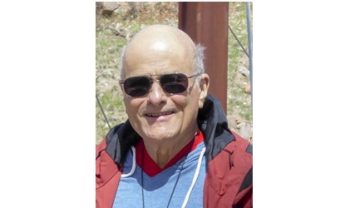
“We live in a culture that’s intensely driven by productivity, accomplishments, and academic achievements. In doing this, we’ve forgotten about our wise ones, the storytellers, the original wisdom keepers, the Elders.”

“We live in a culture that’s intensely driven by productivity, accomplishments, and academic achievements. In doing this, we’ve forgotten about our wise ones, the storytellers, the original wisdom keepers, the Elders.”

“‘Don’t let the patient die’… is that the right thing or the wrong thing for a given patient? It is time for physicians to think that through more completely and allow, perhaps, a different answer.”

Jewish law states the dying are to be considered, for legal purposes, “like one who is alive for every purpose”, capable of wielding the same power over their lives until their very last moments, as they did in their days of health.

Don’t wait until you’re at death’s door to explore your passions, deepen your relationships and find your posse.

It’s time that we revise and refine our cultural lexicon around this emergent end-of-life practice. A medically assisted death definitively warrants a linguistic and conceptual category of its own.

Decisions are often made unilaterally without necessarily considering what the one dying wants or needs. A respectful death involves truly listening to the dying and being open and honest with them and the family.

When sickness and death strike, sometimes guidance from the past offers the clearest path forward.

“The rest is up to you,” he finally said, ending the conversation for good. He didn’t have any more guidance, and certainly no more patience to talk about it. I was surprised. To me, it felt slightly irresponsible to leave all these decisions to other people.

She wanted to go out on a high note, and from her point of view, she did. But for her many friends, that note was exceedingly sour. Should we blame her? Maybe.

There are so many ways do die with dignity – we can’t let the word “dignity” be hijacked to the service of just one way of dying.